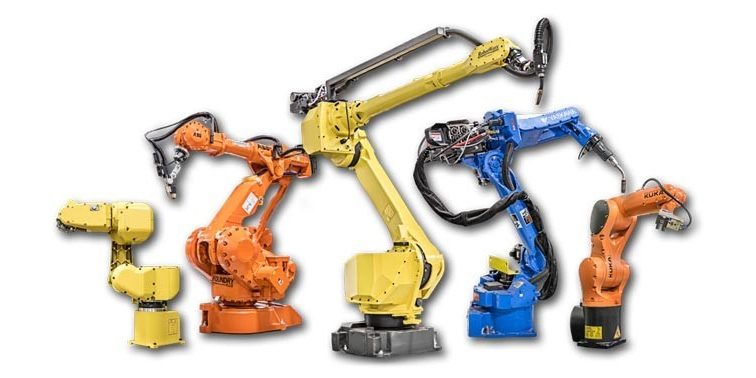When you think of a factory, the first thing that comes to mind is heavy machinery, assembly lines, and people. All three components are what allow the factory to operate and produce products. Researchers at the Center for the foundation of Robotics (CMU) of Carnegie Mellon University are challenging traditional factory models and are developing the factory of the future.
Researchers from CMU are developing the next generation of mobile robots that will be operating in factories to come. Mobile robots will have the ability to move freely, moving and navigating paths, without having to modify the factory. Other benefits of dynamic robotic platforms are having the ability to replan paths to avoid unexpected obstacles. These new added features are exactly the type of innovation necessary for meeting with growing demand and creating tailor made orders quickly and efficiently.
The Robots will be on modular platforms and fitted with mechanisms to interact with the parts for assembly as well as the ability to transfer parts from one robot to another. These robots will require sophisticated algorithms in order to be able to control the wheelbase, path planning, localized routine for completing tasks, inverse kinematics, and arm control for mechanisms that require part tooling.
The benefits of modular dynamic factory bots is decreased production time and increase production supply. Another benefit of these new robots is not having to need as many people on the floor, but applying them to other areas such as R&D, product design, and testing.
Why is this good? These machines are necessary components for creating the path to universal basic income(UBI) worldwide. What is UBI? Basic income is a social security program or social dividend that provides all citizens or residents of a country an additional sum of money even if they receive income elsewhere. The government, public institution, taxes, or a combination of the three will be the basis for funding basic income.
Currently, Cobots assist humans with manufacturing and production, but are still limited. This next progression of factory automation systems will help enable a new path for people to expand and achieve their potential.






